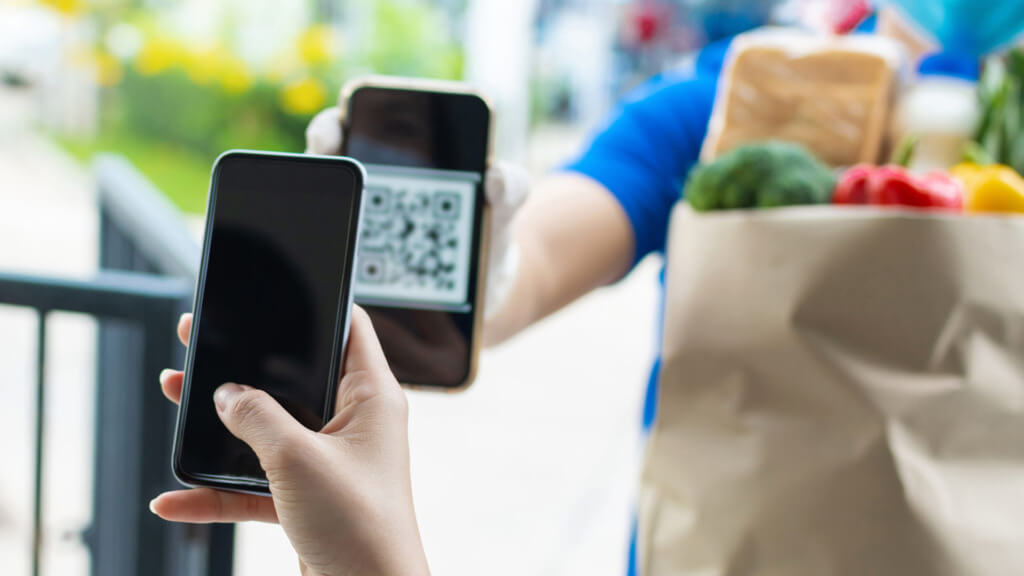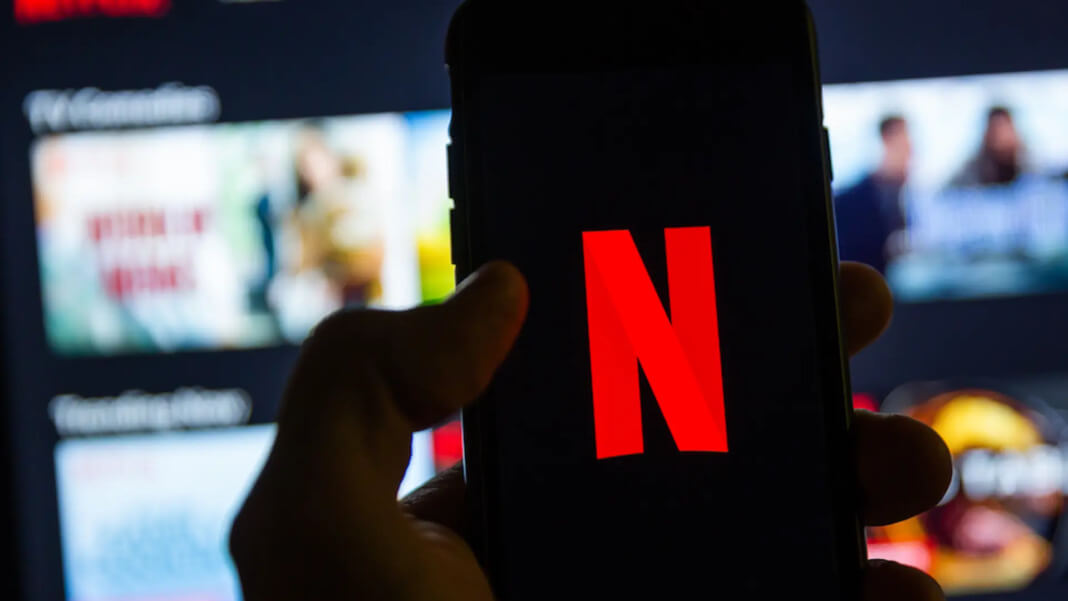QR codes adoption came to the scene in 1994, with the initials standing for “Quick Response.” Their design is a better alternative to barcodes, holding more information and serving a more comprehensive array of uses.
The frequency of QR use was small compared to barcodes, but their usage increased with the COVID-19 pandemic. Why? Read on to find out how a global pandemic reinvigorated QR codes.
What is a QR Code?
Unless you’ve been living under a rock, you’ve probably heard of QR codes before. Even if you haven’t heard of them, you’ve probably seen them at least once.
You can find QR codes in many locations – public signs, books, and even smartphone apps. They’re easily recognizable thanks to the presence of at least one black-and-white square on one of its sides. They’re pretty eye-catching for someone who doesn’t know what they do.
Japanese inventors made QR codes to resolve a challenging problem. The barcodes used in many shopping products could store alphanumeric values, but they couldn’t keep Kana or Kanji, the two writing systems used in Japan.
The scientific duo needed to create a solution similar to barcodes that could fit Kana and Kanji symbols. Since then, QR codes have found more use than just storing Japanese characters.
QR codes can hold data that a computer can decode quickly using an intuitive arrangement of shapes and colors. The black and white squares, and the understanding of these squares, dictate the type of data each QR code contains.
The information contained in them can range from website links to serial codes and even images. Some people have even managed to fit entire video games in a single QR code.
While it can’t hold too much information, especially by today’s standards, it can hold enough data to make essential transactions possible.
What is with the recent QR code adoption?
So, now you know that QR codes are pretty nifty with a wide variety of uses. What made QR codes so famous today? The answer is a little more complicated than you think. To fully answer this question, we’ll need to go back a few years before the pandemic struck our planet.
Back in the 2010s, QR code adoption was already making a small resurgence. Many inventors and developers realized that the system had untapped potential and decided to continue using it.
You see, QR codes rely on cameras to be detected, and until the 2010s, not every phone had a camera. These days, though, you can quickly get your hands on a cheap cellphone with QR code capability just about anywhere.
Aside from this, cellphones were becoming more of a universal tool than ever before. Your phone could serve as your camera, diary, and wallet.

Because of such advancements, new doors are opening for QR codes. You could pay for a transaction at a restaurant by simply scanning the QR code at the counter.
Gone were the days of having to own a credit or debit card to make a cashless transaction. In fact, in countries such as China, where card ownership wasn’t easy, QR codes quickly became the norm for most businesses.
However, this alone wasn’t enough to make QR codes the preferred option that it is today. When COVID-19 arrived, it brought about new challenges for businesses. Receiving cash from a customer brought the risk of contracting the virus. Using debit and credit cards also posed a similar problem.
That’s where QR codes came in. With the QR code facilitating the transaction, you could quickly pay for a meal at a restaurant or purchase clothes without even reaching out for your wallet.
You didn’t need to make any contact, which minimized the risk of getting infected. For many, the adoption of QR codes was a no-brainer due to how much risk conventional forms of monetary transactions bring.
QR codes adoption didn’t just happen in businesses. Many organizations, such as schools and governments, use QR codes to disseminate information without making contact. However, there is no doubt that QR codes are used most frequently in business settings.
Changing the way we live
With a global pandemic changing the very way we live, it’s no surprise that most businesses worldwide opted for QR codes adoption. Many businesses were already beginning to do so even before the pandemic’s onset, and its no-touch nature makes it vital in the current environment.
We still don’t know if QR codes will maintain their popularity after the pandemic, but one thing’s for sure – they’ve served a vital role in business transactions thus far.





